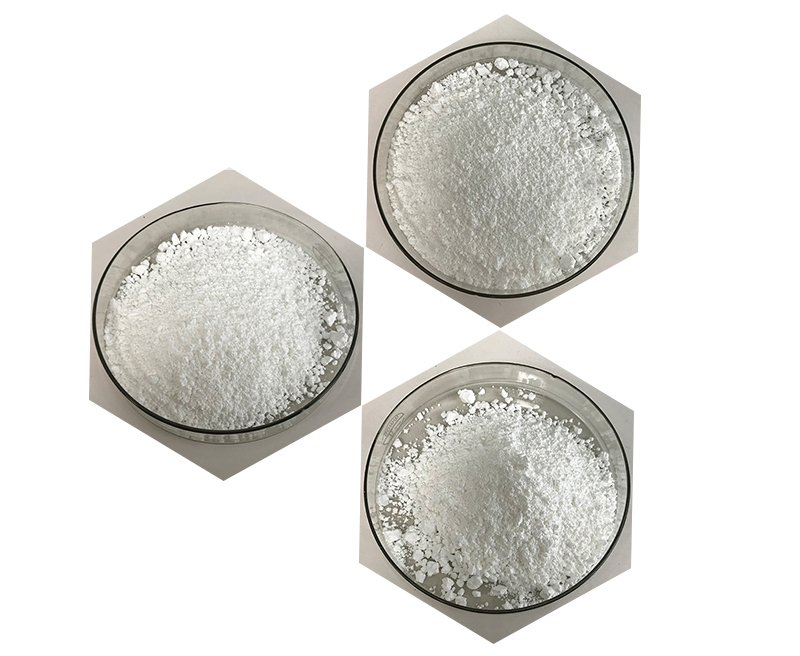Finasteride is a medication that is primarily used to treat two conditions: benign prostatic hyperplasia (BPH) and male pattern baldness (androgenetic alopecia). It works by inhibiting the enzyme 5-alpha-reductase, which converts testosterone into dihydrotestosterone (DHT). DHT is a potent androgen that plays a role in the development and progression of BPH and male pattern baldness.
Benign Prostatic Hyperplasia (BPH):
BPH is a non-cancerous enlargement of the prostate gland, which can cause urinary symptoms such as increased frequency of urination, difficulty starting and stopping urination, and a weak urine stream. By inhibiting the conversion of testosterone to DHT, finasteride reduces the levels of DHT in the prostate, leading to a decrease in the size of the prostate gland. This can help alleviate the urinary symptoms associated with BPH and improve urine flow.

Male Pattern Baldness (Androgenetic Alopecia):
Male pattern baldness is a common condition characterized by progressive hair loss, primarily from the front and top of the scalp. DHT is believed to contribute to the miniaturization of hair follicles in individuals genetically predisposed to baldness. By reducing DHT levels, finasteride can slow down or even reverse the miniaturization process, leading to improved hair growth and retention.
It’s important to note that the effects of finasteride are generally dose-dependent, and its use may have some potential side effects and considerations:
- Sexual Function: Since DHT is also involved in the development of male sexual organs and characteristics, reducing its levels can have an impact on sexual function. Some individuals using finasteride may experience a decrease in libido, difficulty achieving or maintaining erections, or other sexual side effects. However, not all users will experience these effects, and they are often reversible upon discontinuation of the medication.
- Long-Term Use: Both for BPH and male pattern baldness, finasteride is typically taken on a long-term basis to maintain its effects. Discontinuing the medication may lead to a reversal of its benefits, such as regrown hair falling out and an increase in prostate size.
- Other Side Effects: Finasteride may also cause other side effects such as breast tenderness or enlargement, and some individuals might experience allergic reactions or adverse effects on mood.
It’s important to consult a healthcare professional before starting or discontinuing any medication. They can provide personalized advice based on your medical history, current health status, and specific concerns.
Adverse effects of Finasteride
Finasteride is a medication primarily used to treat conditions such as benign prostatic hyperplasia (enlarged prostate) and male pattern baldness (androgenetic alopecia). While it can be effective in managing these conditions, it’s important to be aware of potential adverse effects associated with its use. Here are some of the adverse effects of finasteride:
Sexual Side Effects: One of the most well-known adverse effects of finasteride is its potential to cause sexual side effects. These can include reduced libido (sex drive), erectile dysfunction, decreased semen volume, and difficulties with orgasm. These effects might persist even after discontinuing the medication in some cases.
Depression and Mood Changes: Some individuals have reported experiencing mood changes, including feelings of depression and anxiety, while taking finasteride. However, the link between finasteride and mood changes is still being studied and is not fully understood.
Breast Enlargement and Tenderness: Finasteride can lead to breast tissue enlargement (gynecomastia) and breast tenderness in some men. This is due to its impact on hormonal balance, as it reduces the conversion of testosterone to dihydrotestosterone (DHT).
Allergic Reactions: While rare, some individuals may experience allergic reactions to finasteride. Signs of an allergic reaction can include rash, itching, swelling (especially of the face, lips, or throat), severe dizziness, and difficulty breathing.
Testicular Pain: Some men might experience pain or discomfort in the testicles while taking finasteride, although this is relatively uncommon.

Changes in PSA Levels: Finasteride can cause a decrease in prostate-specific antigen (PSA) levels, which is used as a marker for prostate health. However, this decrease can mask the presence of prostate cancer, potentially leading to delayed diagnosis if regular PSA screening is not adjusted accordingly.
Long-Term Effects: There have been concerns raised about the potential for finasteride to have persistent and long-term effects on sexual function and mental health, even after discontinuing the medication. Research in this area is ongoing and not fully conclusive.
It’s important to note that not everyone who takes finasteride will experience these adverse effects, and many people tolerate the medication well. If you are considering using finasteride, it’s advisable to consult with a healthcare professional who can provide personalized advice based on your medical history and individual risk factors. If you do experience any concerning side effects while taking finasteride, it’s important to discuss them with your doctor.
